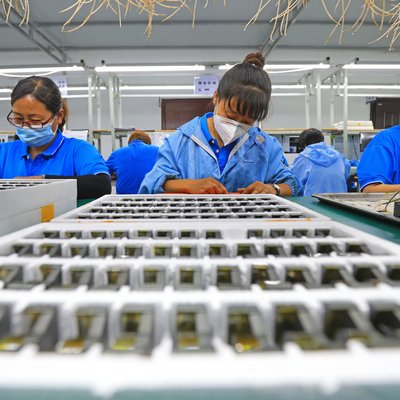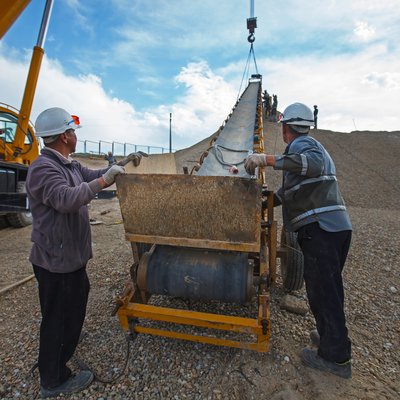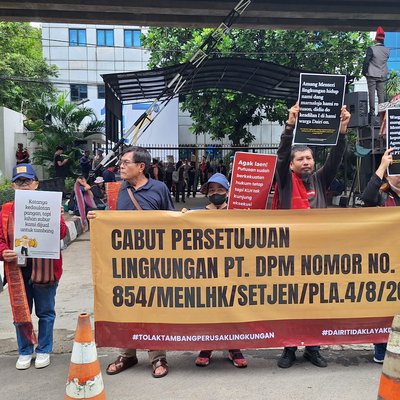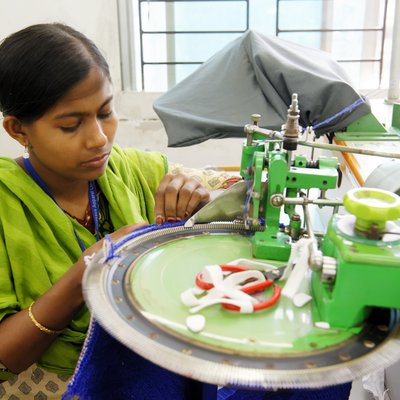208 results
-

briefing By design or by default: the gendered harms of the tech industry
New joint research by the Business & Human Rights Resource Centre and the World Benchmarking Alliance reveals that some of the world’s most powerful technology companies are falling dangerously short in protecting the rights of women and LGBTQI+ people across their operations, products, and services.
Read more -

briefing Accelerated demand: Human rights in Eastern Europe and Central Asia’s transition mineral boom – 2025 analysis
Our 2025 analysis of the impacts of transition minerals in Eastern Europe and Central Asia reveals an alarming rise in human rights and environmental abuses associated with the exploration, extraction and processing of these minerals. Compared to the annual average over the previous five years, documented abuses in 2024 have increased by more than threefold.
Read more -

briefing Justice in the transition: Litigating corporate abuse in the shift to clean energy for all
This year’s analysis of the cases in the Business & Human Rights Resource Centre’s Just Transition Litigation Tracking Tool reveals a growing wave of litigation, with 95 cases across the world brought by rightsholders over human rights abuses in projects linked to the global shift to clean energy. These lawsuits are not a rejection of climate action; they are a demand for a truly just transition.
Read more -

briefing -

briefing Human rights defenders and business: 10 year analysis
From January 2015 to December 2024, the Business & Human Rights Resource Centre (the Resource Centre) recorded more than 6,400 attacks across 147 countries against people who voiced concerns about business-related risks or harms. This is close to two attacks on average every day over the past ten years.
Read more -

briefing Transition Minerals Tracker: 2025 Global Analysis
Our yearly review underscores the critical importance of a just energy transition guided by three core principles: shared prosperity; robust human rights due diligence and worker, community and defender rights protections; and fair negotiation between business, workers and communities.
Read more -

briefing Bitter truth: Migrant worker abuse in the production of sugar, cocoa and coffee in Chiapas
Agricultural workers cultivating, picking and packing coffee, cocoa and sugarcane in Mexico's most southerly state face harsh working conditions and various forms of abuse within a highly informal sector. We map the key players across the export sector and analyse salient human rights risks.
Read more -

briefing Centring risks to migrant workers in investment portfolios: Guidance for investors
Migrant workers are at heightened risk of exposure to unfair recruitment, exploitation and abusive living conditions, which can also pose serious, numerous risks to companies and investors. We explore cases from our database to highlight the links between risks to workers and these risks to capital, with recommendations for responsible investors.
Read more -

briefing KnowTheChain ICT benchmark 2025: Purchasing practices
The 2025 KnowTheChain ICT benchmark revealed purchasing practices as an area of critical weakness for ICT companies, with an average score of just 5/100 and 84% of companies scoring zero. This deep dive explores how poor purchasing practices are driving systemic labour rights issues in the sector.
Read more -

briefing 2025 KnowTheChain ICT benchmark
KnowTheChain assesses the 45 largest global ICT companies on their efforts to address forced labour risks
Read more